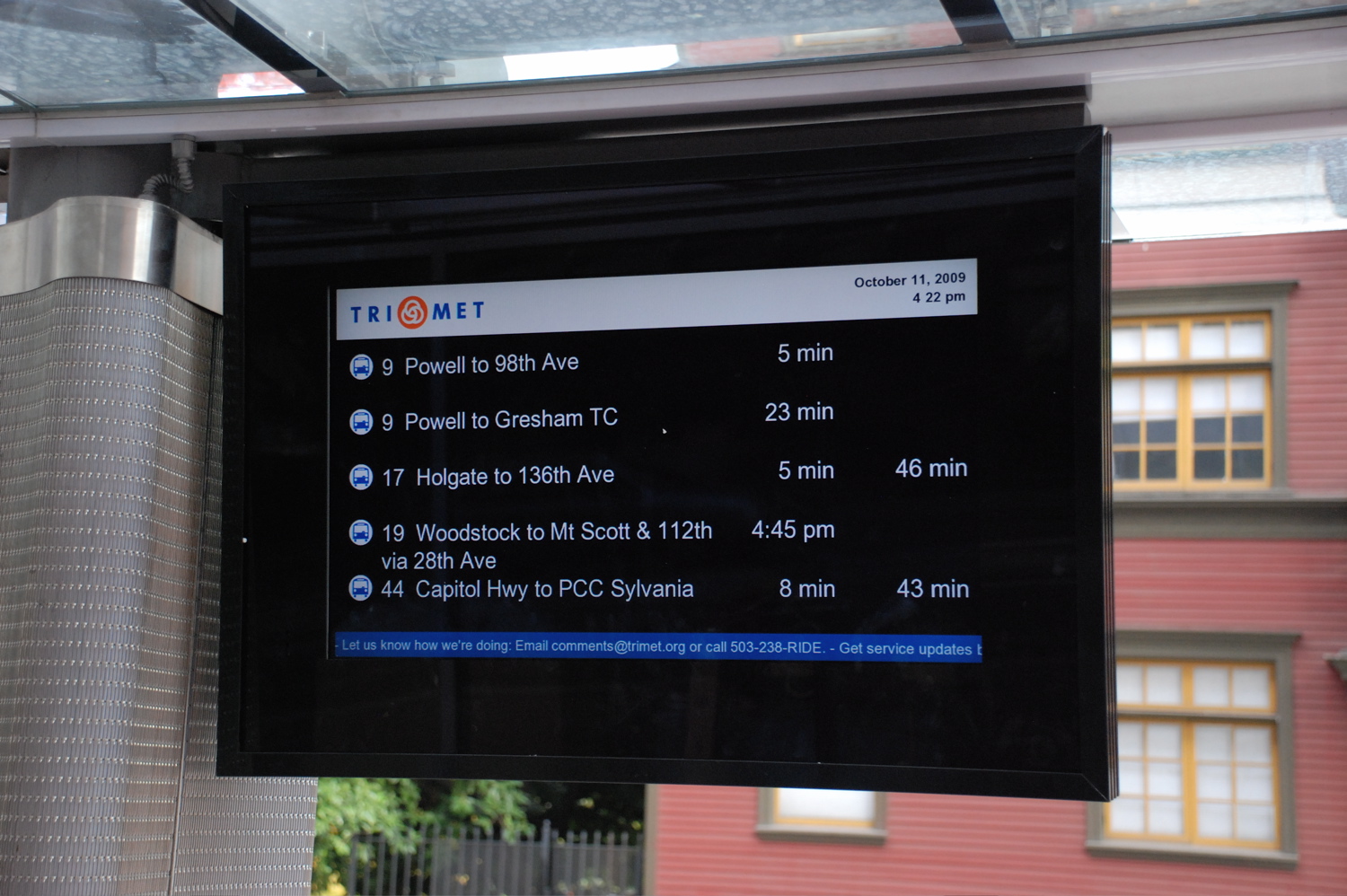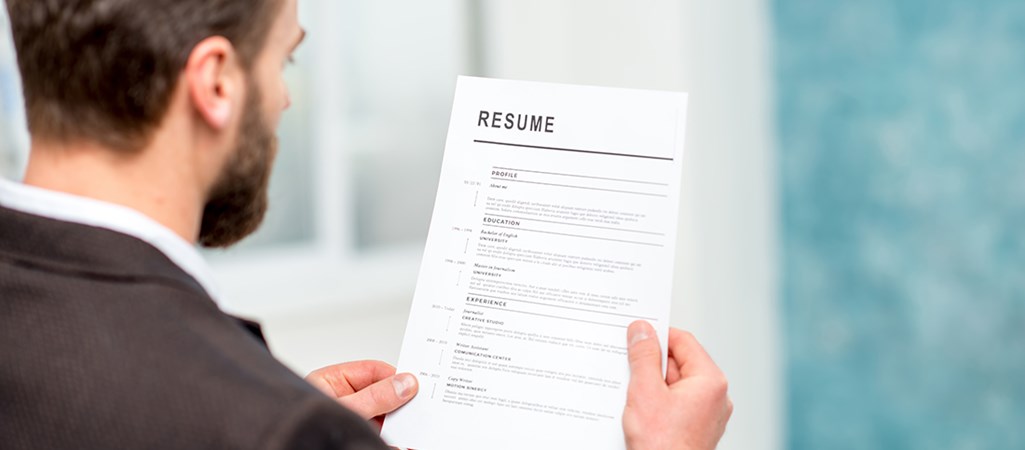 As of this moment, the two million current solar panels installed in residential and commercial areas produce enough electricity to power over twelve million homes in the United States. With such astonishing power output, it’s clear to see why more and more people are making the switch to solar energy.
As of this moment, the two million current solar panels installed in residential and commercial areas produce enough electricity to power over twelve million homes in the United States. With such astonishing power output, it’s clear to see why more and more people are making the switch to solar energy.
But how do solar panels have such increased output for so little work? What’s the science making it all tick? Here’s what you need to know.
How Do Solar Panels Work?
Now, let’s dig into the science. How do solar panels work? The driving force behind the way solar panels function is their photovoltaic cells.
How Do PV Cells Work?
Photovoltaic (or PV) cells are cells constructed with semiconductive materials like silicon. When the sunlight hits the semiconductor, its photons get absorbed by the material, knocking off a few electrons. These electrons would drift aimlessly in the cell if not for the cell’s special design which sandwiches positive and negative semiconductors together, forcing the loose electrons to travel along a preset path.
This creates an energy current that flows to the conductive metal lining of the cell. Once the current strikes the metal, it gets directed via wires into an inverter. This allows the direct current (DC) energy to convert into alternating current (AC) electricity in order to power our homes and buildings.
Once the electricity has been converted to a usable version, it travels into the breaker or circuit board for the building. Afterward, it’s distributed throughout the home or business as needed.
Why Are So Many Switching to Solar?
If the initial statistic about how much energy solar panels can produce didn’t already have you searching “solar companies near me“, you may still wonder why so many would make the switch. There are many reasons, including but not limited to:
Lower Electricity Bills
If our leading statistic was anything to go by, you can save a great deal of money on your power bill by the sheer amount of electricity that your solar panels generate. This will reduce your dependence on a fossil fuel-based grid and greatly cut your costs, especially if you live somewhere with loads of sunlight.
Saving the Environment
This should be reason enough for anyone to switch to solar. By using solar energy, you’re cutting down on the number of carbon emissions you’re putting out. This can help us preserve our planet.
Tax Credits
Many state and federal governments offer tax benefits and credits to those who go for solar energy. Check-in with your local power companies today to see what credits you can find!
Seize a Brighter Future
With the incredible engineering of photovoltaic cells lending their power, it’s easy to see the benefits of solar panels. Now that you know the answer to the question, “How do solar panels work?”, go forth and make the switch today!
If you found this article on the science behind solar panels helpful and would like to read more like it, check out our blog daily for more!









